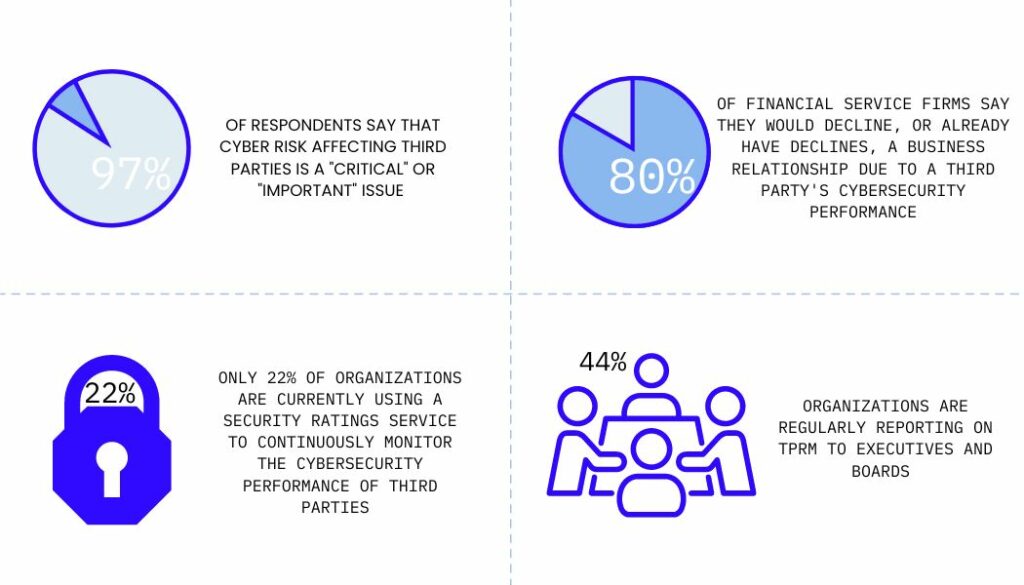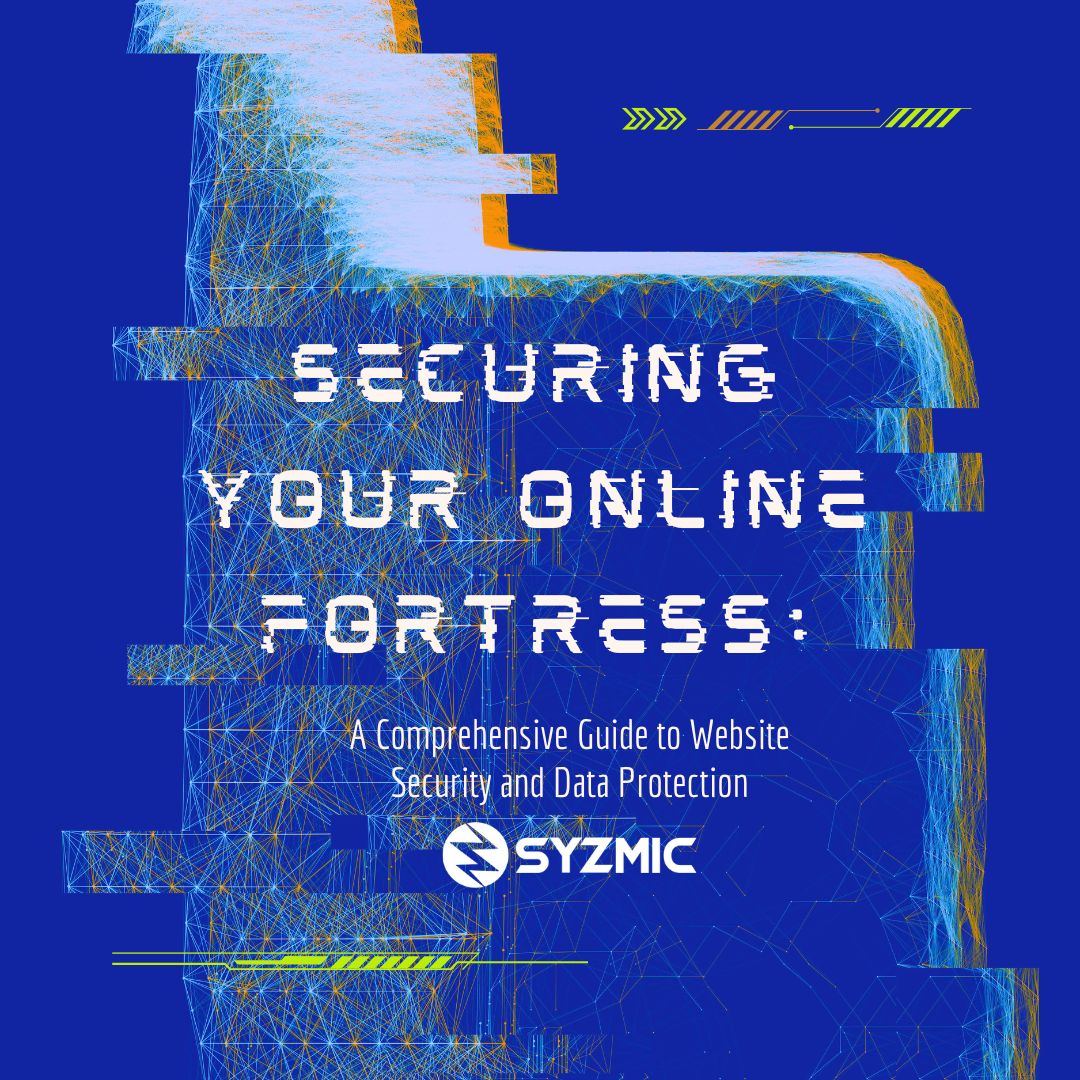In today’s digital landscape, website security and data protection are of paramount importance. With the rise in cyber threats and the potential risks associated with data breaches, it is crucial for businesses and website owners to fortify their online presence. In this comprehensive guide, we will explore essential strategies and best practices to help you secure your website and safeguard your valuable data.
- Understand the Significance of Website Security:
Begin by recognizing the importance of website security. A compromised website not only risks the loss of sensitive data but can also damage your reputation, lead to legal consequences, and result in financial losses. Prioritize website security as an integral part of your overall business strategy.
- Implement SSL Certificates:
Secure Sockets Layer (SSL) certificates are vital for establishing encrypted connections between web servers and browsers. They ensure secure transmission of data and protect it from interception by unauthorized individuals. Install SSL certificates on your website to enable HTTPS protocol, which provides encryption and authentication for secure browsing.
- Choose Secure Hosting:
Selecting a reliable and secure hosting provider is crucial for maintaining website security. Opt for hosting companies that offer robust security measures, including firewalls, intrusion detection systems, regular backups, and continuous monitoring. Additionally, ensure that the hosting provider keeps their infrastructure up to date and patches any vulnerabilities promptly.
- Protect Against Malware and Hacking Attempts:
Safeguard your website against malware and hacking attempts by implementing the following measures:
- Regularly update your website’s software, including content management systems, plugins, and themes, to patch any security vulnerabilities.
- Utilize strong, unique passwords for all user accounts, including the administrator account, and consider implementing two-factor authentication for added security.
- Employ a web application firewall (WAF) to filter out malicious traffic and protect against common web-based attacks.
- Conduct regular security scans and vulnerability assessments to identify and address potential weaknesses in your website’s code and infrastructure.
- Comply with Data Privacy Regulations:
Data privacy regulations, such as the General Data Protection Regulation (GDPR) and the California Consumer Privacy Act (CCPA), have become increasingly stringent. Familiarize yourself with the regulations applicable to your business and ensure compliance. Obtain explicit consent for collecting and processing personal data, implement data protection policies, and establish procedures for data breach notifications.
- Regular Backups and Disaster Recovery:
Create a robust backup strategy to ensure the availability and integrity of your website and its data. Regularly back up your website’s files, databases, and configuration settings. Store backups in secure off-site locations or cloud storage. Test your backup restoration process to verify its effectiveness in the event of a security incident or data loss.
- Educate and Train Your Team:
Human error is one of the leading causes of security breaches. Educate your team members on best practices for maintaining website security and data protection. Train them to identify and respond to potential security threats, such as phishing attempts and social engineering attacks. Implement strong internal security protocols and access controls to prevent unauthorized access to sensitive information.


Securing your online fortress is an ongoing process that requires proactive measures, constant vigilance, and adherence to best practices. By implementing SSL certificates, choosing secure hosting, protecting against malware and hacking attempts, complying with data privacy regulations, backing up your data regularly, and educating your team, you can fortify your website’s security and safeguard your valuable data. Prioritize website security as a fundamental aspect of your online presence to instill trust, protect your reputation, and ensure the long-term success of your business.
Remember, in the ever-evolving landscape of cybersecurity, staying informed about the latest threats and security practices is essential. Continuously assess and enhance your security measures to adapt to emerging risks and protect your online fortress effectively.








0 Comments